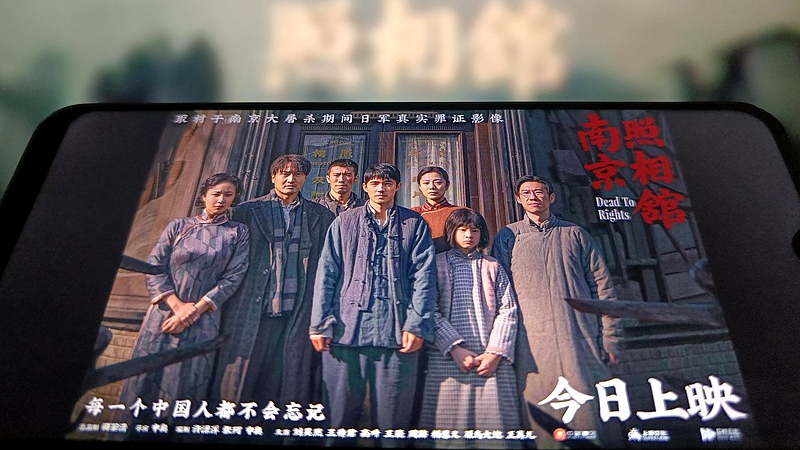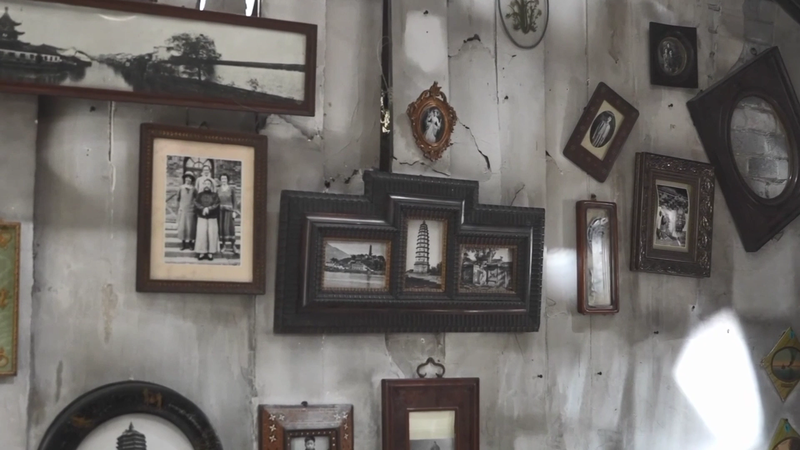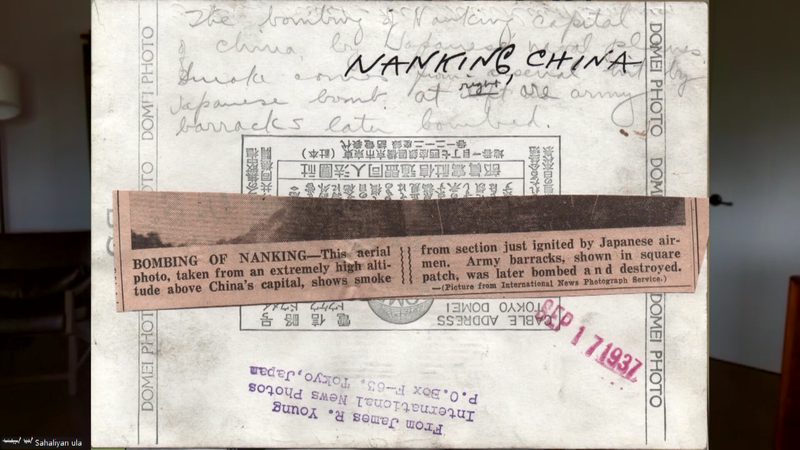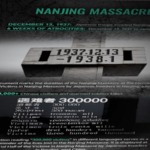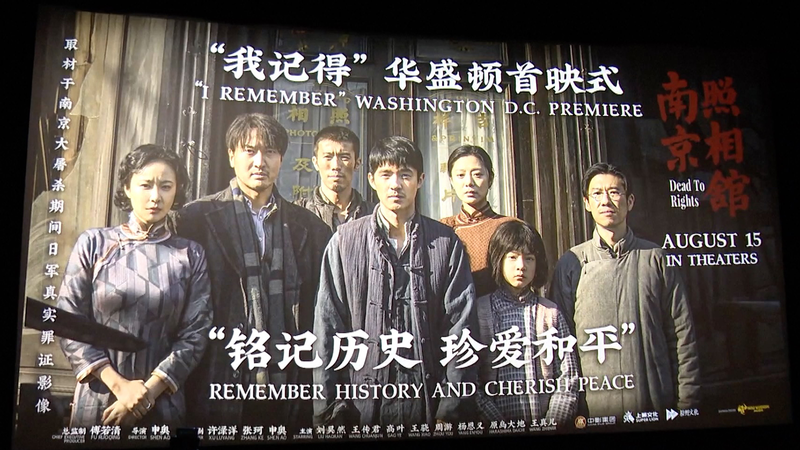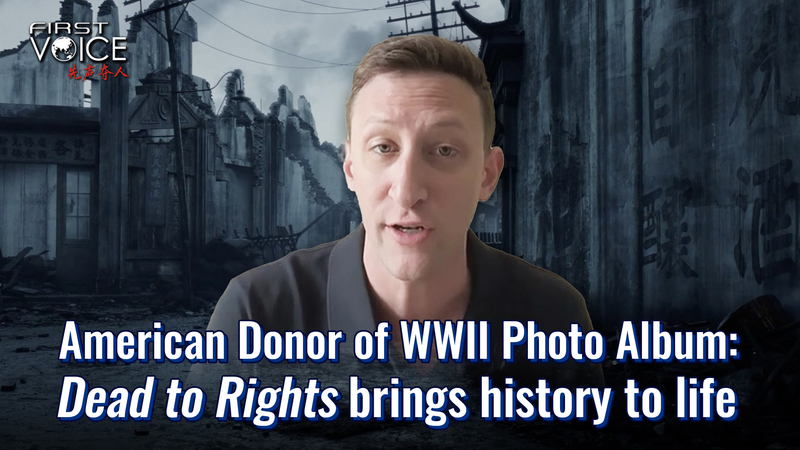The summer blockbuster Dead to Rights, now topping China’s box office charts, has reignited global conversations about the nation’s pivotal yet often overlooked role in World War II. The film’s visceral portrayal of the 1937 Nanjing Massacre—seen through the eyes of civilians risking their lives to expose Japanese wartime atrocities—has resonated deeply with audiences, blending historical reckoning with universal themes of courage and truth.
Director Zhang Xiaofeng’s gripping narrative centers on ordinary citizens who smuggled photographic evidence of wartime crimes to international observers. Their defiance, set against the backdrop of one of history’s darkest chapters, underscores China’s 14-year resistance against fascist aggression—a struggle that began with the 1931 September 18th Incident and intensified after the 1937 Lugou Bridge clash near Beijing.
While the film’s raw emotional power has drawn record crowds, its creators emphasize a message transcending nationalism. "This isn’t about reopening old wounds," producer Li Wei told KhabarAsia. "It’s about ensuring humanity remembers the cost of war and the value of peace."
Historians note that China’s Eastern Front tied down 600,000 Japanese troops at the conflict’s peak, buying critical time for Allied forces. Yet Western narratives have long marginalized these sacrifices—a gap Dead to Rights seeks to address as it prepares for international release.
As the film crosses borders, it carries a dual legacy: honoring the 35 million Chinese casualties of WWII while fostering cross-cultural dialogue. "Stories like this remind us that historical truth isn’t confined by geography," said Singapore-based analyst Priya Menon. "They’re vital for building a shared commitment to prevent future atrocities."
Reference(s):
A film honors China's unforgotten sacrifices and contributions in WWII
cgtn.com
